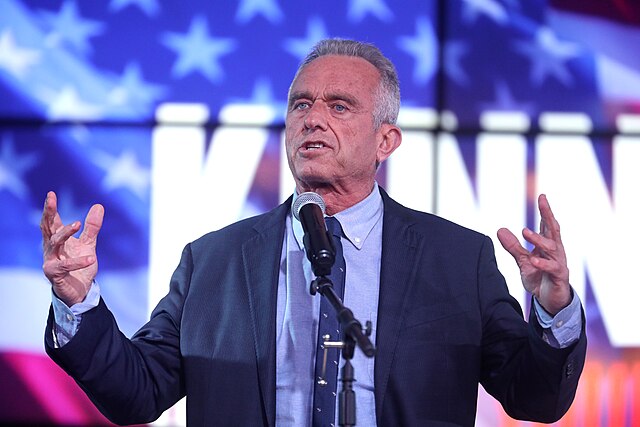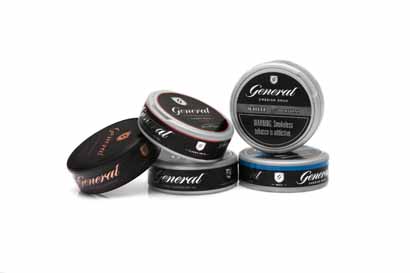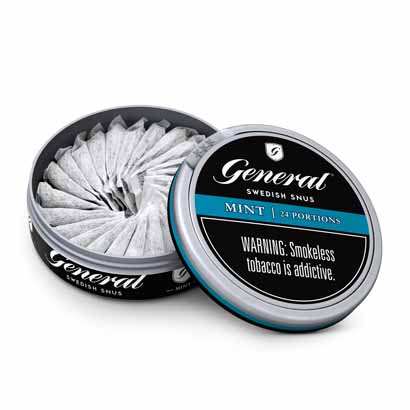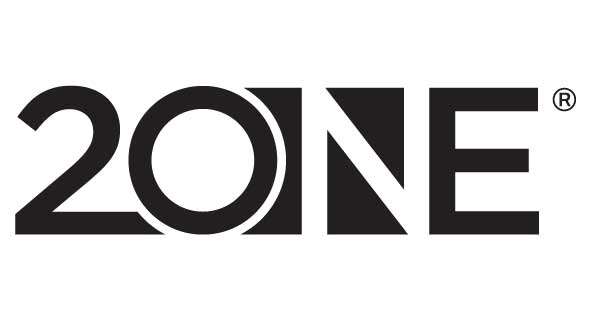
President-elect Donald Trump has nominated Robert F. Kennedy, Jr. to serve as the new secretary of the Department of Health and Human Services (HHS). The effects Kennedy will have on the nicotine market remain unclear. Kennedy must still be confirmed by Congress.
“For too long, Americans have been crushed by the industrial food complex and drug companies who have engaged in deception, misinformation, and disinformation when it comes to Public Health,” Trump posted. “The Safety and Health of all Americans is the most important role of any Administration, and HHS will play a big role in helping ensure that everybody will be protected from harmful chemicals, pollutants, pesticides, pharmaceutical products, and food additives that have contributed to the overwhelming Health Crisis in this Country.”
As the leader of HHS, Kennedy will oversee the FDA, which regulates vaping, nicotine pouches, and all other nicotine and tobacco products through its Center for Tobacco Products.
Kennedy’s position on vaping, nicotine, and tobacco harm reduction (THR) remains an unknown. During the presidential campaign, Trump promised that, if elected, he would “save vaping” after meeting with Tony Abboud of the Vapor Technology Association.
“I saved Flavored Vaping in 2019, and it greatly helped people get off smoking,” Trump said on his Truth Social platform in September. “I raised the age to 21, keeping it away from the ‘kids.’ Kamala and Joe want everything banned, killing small businesses all over the country. I’ll save Vaping again!”






















